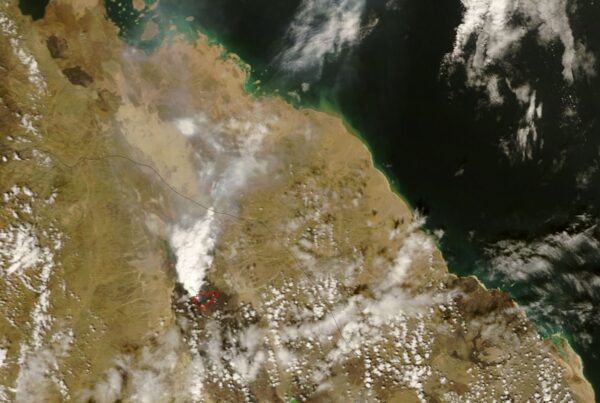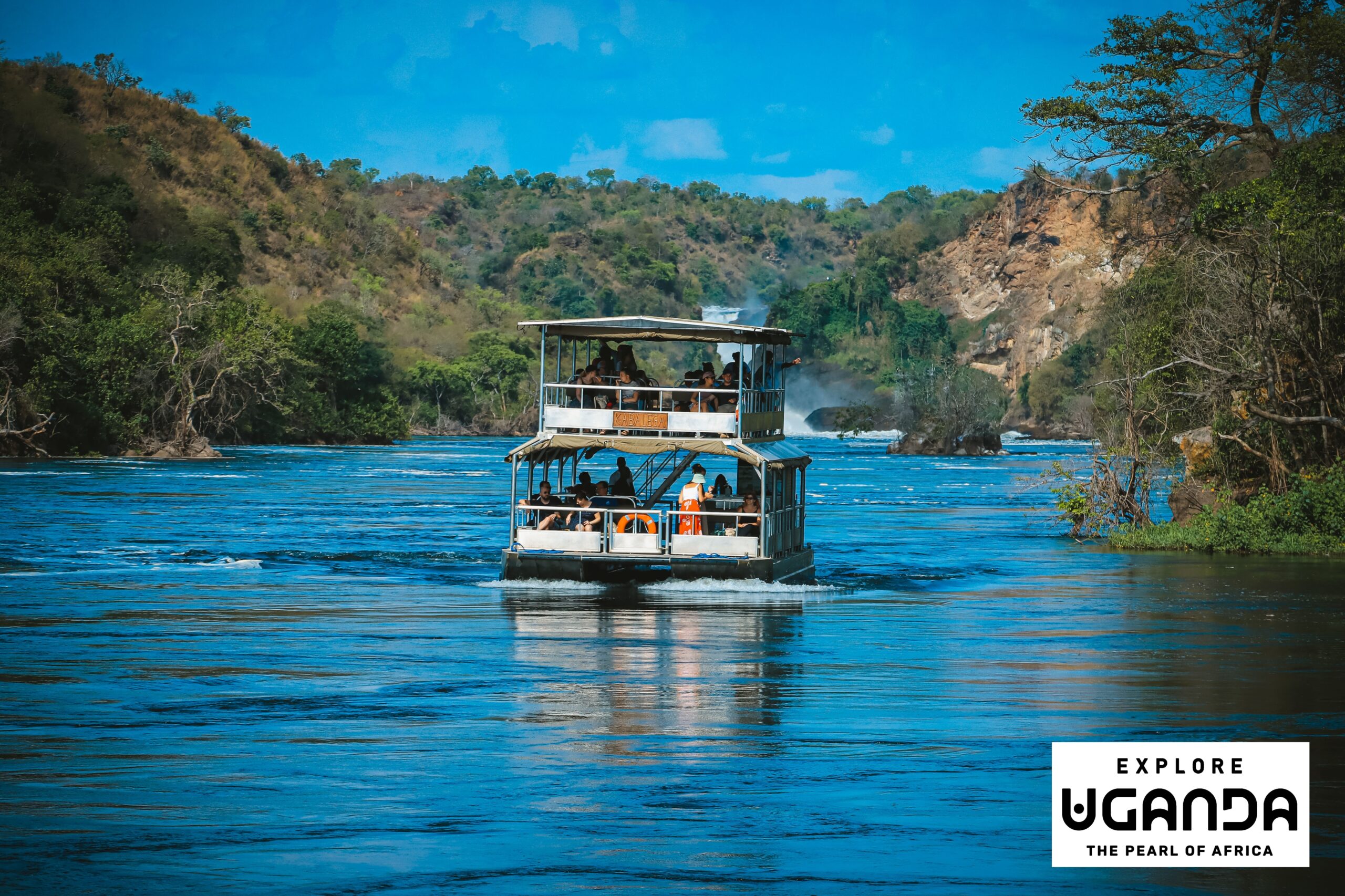The number of people traveling globally is expected to reach an all-time high in 2025, as worldwide leisure and business travel is expected to keep increasing despite the economic uncertainty.
Overall, it is estimated that 5.2 billion people will fly internationally by the end of this year, which would mean a 6.7% increase from 2024, according to data from the International Air Transport Association (IATA).
Not only is the number of travellers increasing, but their behaviour is changing.
Travelers see a proliferation of options thanks to new technologies actively explored by young consumers.
The American Express 2025 Global Travel Trends Report shows that 60% of global respondents plan to book a trip around entertainment or sporting events in 2025, reinforcing that traveling for experiences continues to grow as a driving force.
Perhaps more interestingly, 70% of Millennials and Gen Z surveyed want to plan trips that focus on enjoying the journey as much as the destination.
 It is precisely in this context that Agentic Artificial Intelligence (AI) is redefining the tourism, travel, entertainment and leisure industries, radically transforming how people make decisions and plan their experiences within the next couple of years.
It is precisely in this context that Agentic Artificial Intelligence (AI) is redefining the tourism, travel, entertainment and leisure industries, radically transforming how people make decisions and plan their experiences within the next couple of years.
The dusty travel brochure and the endless internet searches are about to become relics of the past, yielding to a convenient, omnipresent, predictive AI-based virtual assistant (agent) format.
This foreseeable transition means a dramatic change in the traditional consumer logic based on mass advertising, recommendations from friends, or intuition.
Agentic AI agents analyse massive amounts of data, from previous personal travel preferences to personal interests, real-time reviews and social media behaviour patterns, to offer relevant hyper-personalised recommendations.
That is, a virtual travel agent that not only knows your dream destination but also anticipates your culinary tastes, accommodation preferences and even your mood and the weather conditions on any given day.
 The biggest beneficiaries of this revolution will undoubtedly be consumers. They will gain access to experiences more tailored to their individual needs and desires, optimising their time and budget.
The biggest beneficiaries of this revolution will undoubtedly be consumers. They will gain access to experiences more tailored to their individual needs and desires, optimising their time and budget.
Although grim predictions about AI surface continually, the technology will effectively democratise access to information, allowing the discovery of hidden gems and personalised offers that were previously inaccessible or hard to find.
From booking a flight at the best price to suggesting a show that perfectly matches each person’s interests in a group, Agentic AI apps like Mottli will act as an expert curator of experiences in real time.
Recent data illustrates that this trend is already taking place. A recent report by the Business Research Company states that artificial intelligence (AI) in the travel market size will grow from USD 123.72 billion to USD 165.93 billion in 2025, and the potential for increasing innovation on features and synergies with other apps becomes bigger as these tools are getting refined on a daily basis.
Furthermore, it is important to consider that AI will not be limited to the planning phase.
During the trip or leisure experience, Agentic AI agents will act as an intelligent and proactive companion, offering dynamic recommendations based on traffic or helping avoid peak hours in crowded places, and even resolving unexpected problems.
As is the case in most industries, Agentic Artificial Intelligence is not just a passing trend in the realm of travel, entertainment and leisure; it is a fundamental shift that will profoundly alter how we enjoy our free time and spend our money.
Those who understand and embrace this new model will be better positioned to thrive in a future where personalisation, efficiency and prediction will be the cornerstones of the consumer experience.
# What do you think about Lous’ opinions? Is AI a threat or a blessing? Send your thoughts to: editorial@traveltalkmedia.com.au









